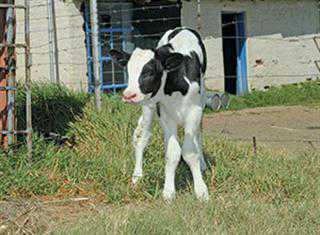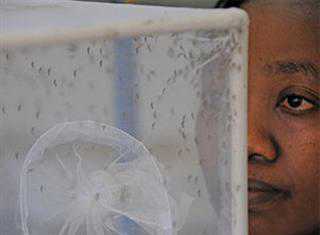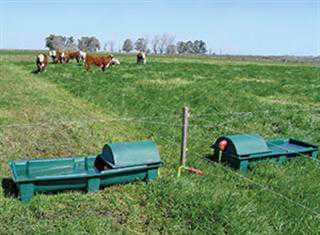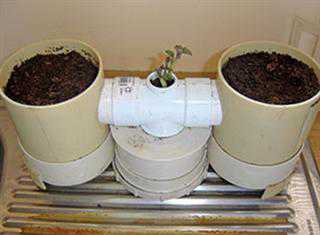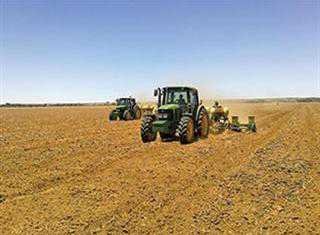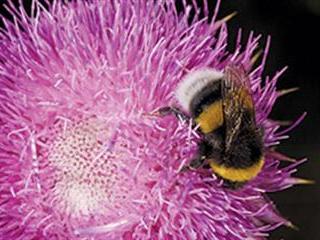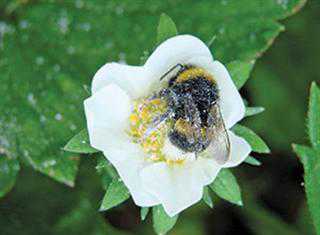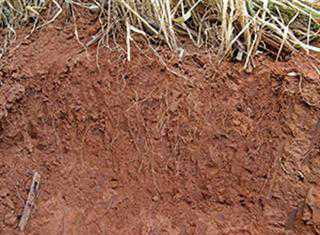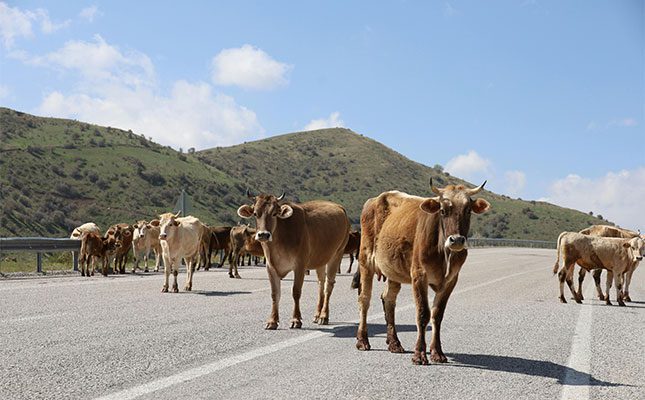Small-calf syndrome gene isolated
In a breakthrough, New Zealand researchers have identified a gene that will allow them to breed out small-calf syndrome, which mainly affects Holstein-Friesian crossbreeds.
New research exposes distiller’s dried grains with solubles (DDGS) myth
Producers who feed pigs with saturated fats to undo the fat-softening effect of a diet that includes distiller’s dried grains with solubles (DDGS) are wasting their time and money, according...
Netting flies boosts milk yields
The use of treated mosquito nets in cow sheds has more than doubled the milk yields of small-scale farmers in Kenya. Robyn Joubert reports.
Feedlot & cropland in one
Researchers in Argentina believe they have found the ideal stocking rate for an ecological feedlot system, which allows for optimal land use. In winter, the land is used as a...
Palmiet wetland conservation
It’s not too late to restore damaged palmiet wetlands, says Alanna Rebelo of Stellenbosch University’s Department of Conservation and Entomology. Roelof Bezuidenhout spoke to her about the value of these...
Safer food with cold plasma technology
Ionised gases are being used to kill food pathogens on packaged food. This method could bypass current heat treatment and chemical sanitising methods.
Protection against potato scab
Plants of the brassica family can act as natural biofumigants when chopped up and worked into the soil, says plant pathologist Dr Reinette Gouws of the Agriculture Research Council.
Precision farming – a global perspective
Precision agriculture (PA) allows farmers to operate more efficiently and become better decision-makers. Australian Tim Neale and Sharon Clay from the US took part in a PA conference in Potchefstroom....
Bumblebees: should SA put them to work?
The use of bees as crop pollinators is well-known, but a group of scientists warns against confusing the European bumblebee with the South African carpenter bee.
Bumblebees fly to the rescue
Bumblebees have been used worldwide since the mid-80s to deliver pollen to flowers. Now they’ve become ‘flying doctors’. Robyn Joubert reports.
Are nutraceuticals a viable alternative to AGPs in swine?
Due to underdeveloped gut microflora and immature immune systems piglets are highly susceptible to pathogenic infections which result in poor performance. To withstand these pathogens, a protective gut microflora and...
Breath of air in irrigation water restores soil and improves yields
Activated oxygen water treatment trials in North West have shown positive results in wheat and maize yields. Annelie Coleman reports.
ADVERTISEMENT
MUST READS
ADVERTISEMENT
ADVERTISEMENT

